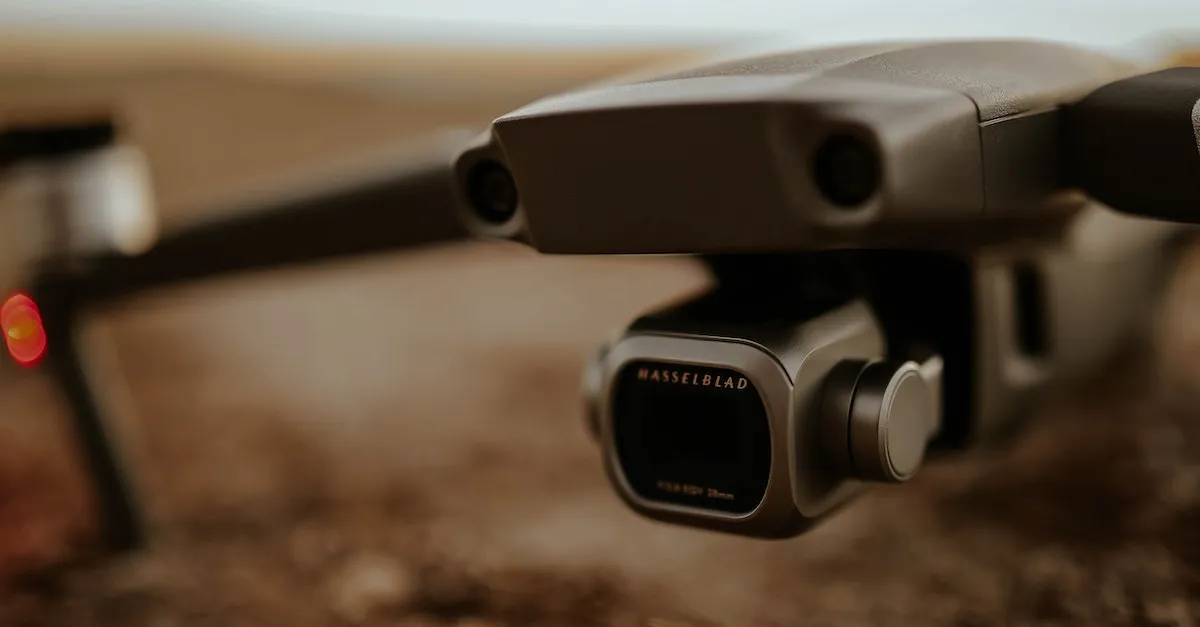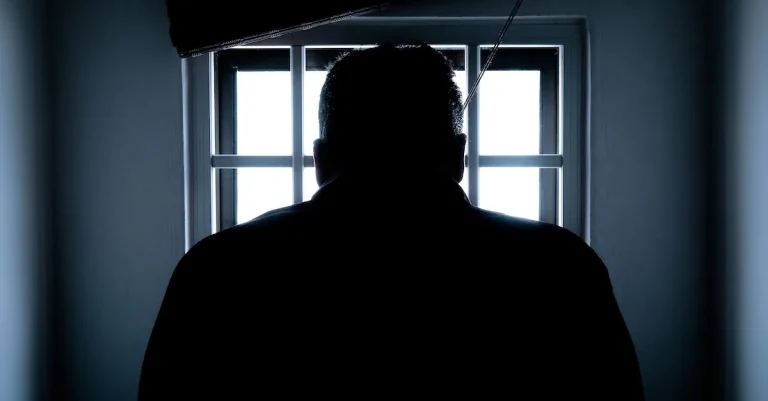Are Radar Detectors Legal In California? A Detailed Look At The Laws
For drivers in California, radar detectors can be an appealing tool to help avoid speeding tickets. But are they actually legal to use in the Golden State? The short answer is yes, radar detectors are legal for passenger vehicles in California. However, there are some nuances and restrictions to be aware of.
In this comprehensive guide, we’ll provide a detailed overview of California’s radar detector laws. We’ll look at what types of vehicles can and cannot use radar detectors, where they are prohibited, and what consequences you may face if caught using one illegally.
Radar Detector Laws in California: An Overview
When it comes to radar detectors, the laws can vary from state to state. In California, radar detectors are legal for passenger vehicles. This means that if you’re driving your own car and want to use a radar detector to help you avoid speeding tickets, you are within your rights to do so.
Radar detectors are legal for passenger vehicles
California allows the use of radar detectors in non-commercial vehicles. This means that if you’re driving your personal car, truck, or motorcycle, you can use a radar detector without fear of legal repercussions.
Radar detectors are designed to detect radar waves emitted by police radar guns, giving you a warning if you’re approaching a speed trap. This can help you avoid costly speeding tickets and keep your driving record clean.
Commercial vehicles prohibited from using radar detectors
While radar detectors are legal for passenger vehicles, the same cannot be said for commercial vehicles. In California, commercial vehicles, such as trucks and buses, are prohibited from using radar detectors.
This is because commercial drivers are held to stricter safety regulations, and the use of radar detectors could potentially encourage speeding or reckless driving.
It’s important for commercial drivers to be aware of this restriction and comply with the law to avoid any legal consequences. Instead of relying on radar detectors, commercial drivers should focus on safe and responsible driving practices to ensure the safety of themselves and others on the road.
Restrictions in certain areas
While radar detectors are generally legal for passenger vehicles in California, there are certain areas where their use is restricted. For example, some private communities or neighborhoods may have specific rules against the use of radar detectors.
It’s always a good idea to familiarize yourself with the local regulations before using a radar detector in any specific area.
It’s worth mentioning that even though radar detectors are legal in California, they may not always be effective in helping you avoid speeding tickets. Law enforcement agencies are constantly updating their equipment and techniques to catch speeders, so relying solely on a radar detector may not guarantee that you won’t get caught.
It’s still important to abide by the speed limits and drive responsibly.
For more information on the specific regulations and laws regarding radar detectors in California, you can visit the official website of the California Department of Motor Vehicles at https://www.dmv.ca.gov/.
California Vehicle Code Radar Detector Laws
VC Section 28150 outlines radar detector rules
California Vehicle Code (VC) Section 28150 is the specific legislation that governs the use of radar detectors in the state. According to this section, it is unlawful for any person to operate a motor vehicle if it is equipped with any device or mechanism that is designed or used for the purpose of detecting or interfering with the proper operation of any radar or lidar device.
The purpose of this law is to deter drivers from using radar detectors to evade speed enforcement measures. By prohibiting the use of these devices, law enforcement officials can effectively enforce speed limits and promote safer driving conditions on California roads.
Exceptions for emergency vehicles
While the use of radar detectors is generally prohibited in California, there are exceptions for certain vehicles. Emergency vehicles, such as police cars, fire trucks, and ambulances, are allowed to use radar detectors in the performance of their official duties.
This exception recognizes the need for emergency vehicles to have access to radar detection technology in order to effectively carry out their responsibilities. However, it is important to note that this exception only applies to authorized emergency vehicles and not to civilian vehicles.
Penalties for prohibited use
Violating the radar detector laws in California can result in serious consequences. If caught using a radar detector in a non-emergency vehicle, a driver can face fines and penalties. The exact amount of the fine can vary depending on the county and the circumstances of the violation.
Additionally, if a driver is found to be using a radar detector while also committing another traffic violation, such as speeding, the penalties can be even more severe. In some cases, the driver’s license may be suspended or revoked.
It’s important for drivers to be aware of the radar detector laws in California and to comply with them to avoid facing legal repercussions. By driving responsibly and within the speed limits, drivers can contribute to safer roads for themselves and others.
Radar Detector Restrictions in California
When it comes to radar detectors, California has some strict laws in place. It’s important for drivers to understand these restrictions to avoid any legal trouble. Here’s a detailed look at the radar detector laws in California:
Restricted on all federal and state property
In California, the use of radar detectors is prohibited on all federal and state property. This includes highways, roads, and any other property owned or operated by the government. So, if you’re driving on federal or state property in California, make sure your radar detector is turned off and not in use.
Banned for commercial motor vehicles
Commercial motor vehicles, such as trucks and buses, are not allowed to use radar detectors in California. This restriction is in place to ensure the safety of all road users and to prevent any unfair advantage for commercial drivers.
It’s important for commercial drivers to be aware of this law and comply with it to avoid fines or penalties.
Limitations in vehicles over 10,000 lbs
In California, radar detectors are also prohibited in vehicles that weigh over 10,000 pounds. This restriction applies to both private and commercial vehicles. The aim of this law is to ensure that larger vehicles, which can cause more damage in the event of an accident, are not equipped with radar detectors that could potentially encourage speeding or reckless driving.
Prohibited for restricted license holders
People with restricted driver’s licenses, such as those with a provisional license or a learner’s permit, are not allowed to use radar detectors in California. This restriction is in place to promote responsible driving habits and encourage new drivers to focus on the road rather than relying on devices that could distract them.
It’s important to note that these restrictions apply to both the use and possession of radar detectors. So even if you have a radar detector in your vehicle but are not using it, you could still face legal consequences.
It’s always best to familiarize yourself with the specific laws in your state to ensure compliance and avoid any unnecessary trouble.
Are Radar Detectors Illegal in Any California Cities or Counties?
Radar detector bans in some military areas
In California, the use of radar detectors is generally legal for private vehicles. However, it’s important to note that there are certain areas where radar detectors are prohibited, particularly in military bases and installations.
These areas have specific regulations in place to ensure safety and security, and the use of radar detectors is considered a violation. Therefore, if you are driving near or within military areas, it’s advisable to turn off or temporarily disable your radar detector to avoid any potential legal issues.
Potential local restrictions to be aware of
While radar detectors are legal statewide in California, it’s always a good idea to stay informed about any local restrictions that may be in place. Some cities or counties may have specific regulations regarding the use of radar detectors, and it’s important to comply with these rules to avoid fines or penalties.
For example, the city of Los Angeles has specific regulations prohibiting the use of radar detectors in commercial vehicles, such as trucks and buses. This restriction is aimed at ensuring the safety of drivers and pedestrians in densely populated areas.
Therefore, if you drive a commercial vehicle in Los Angeles, it’s important to be aware of this restriction and refrain from using a radar detector.
It’s always recommended to check with the local authorities or consult the city or county’s official website to get accurate and up-to-date information on any potential local restrictions related to radar detectors.
Remember, the laws regarding radar detectors can vary from one jurisdiction to another, so it’s important to stay informed and comply with the regulations in the areas where you are driving. Being aware of any potential restrictions will help you avoid any legal issues and ensure a smooth and trouble-free driving experience.
Tips for Using a Radar Detector Legally in California
Using a radar detector in California can be a useful tool for drivers, but it’s important to understand and follow the laws surrounding their use. Here are some tips to help you use a radar detector legally in California:
Choose a quality radar detector
When it comes to radar detectors, not all devices are created equal. To ensure that you are using a reliable and legal radar detector in California, it’s essential to choose a quality product. Look for radar detectors that are approved by the Federal Communications Commission (FCC) and meet the requirements set by the California Vehicle Code.
Quality detectors will have features like long-range detection, false alert filtering, and easy-to-use interface.
Mount your device properly
Proper mounting of your radar detector is crucial for both functionality and legality. The California Vehicle Code states that radar detectors must be mounted in a location that does not obstruct the driver’s view of the road.
It’s recommended to mount the detector on the windshield, near the rearview mirror, or on the dashboard. Make sure the device is securely attached and does not impede your visibility or interfere with the airbag deployment.
Use your radar responsibly
While having a radar detector can provide valuable information about potential speed traps, it’s important to use it responsibly. Radar detectors should be used as a tool to enhance your awareness of speed enforcement, not as an excuse to speed or drive recklessly.
Remember that radar detectors are not foolproof and may not detect all types of speed enforcement devices. Always obey traffic laws and drive safely, regardless of whether you have a radar detector or not.
Stay up to date on the laws
As with any other technology, laws and regulations surrounding radar detectors can change over time. It’s crucial to stay informed about the current laws in California regarding radar detector usage. Keep an eye on the California Vehicle Code and consult with local law enforcement agencies to ensure you are following all applicable regulations.
Additionally, be aware that radar detectors are illegal in commercial vehicles weighing over 10,000 pounds.
For more information on radar detector laws in California, you can visit the California Highway Patrol website.
Conclusion
In summary, radar detectors are legal for passenger vehicles in California, but there are some exceptions and local laws to keep in mind. Avoid using them in commercial vehicles or heavy trucks over 10,000 lbs. Radars are prohibited on all federal and state property in CA. Fines and confiscation are possible if caught misusing a radar detector. Stay informed about any changes to local bans for your travel routes. When used properly and legally, a radar detector can be an effective tool to help everyday drivers avoid speeding infractions.








